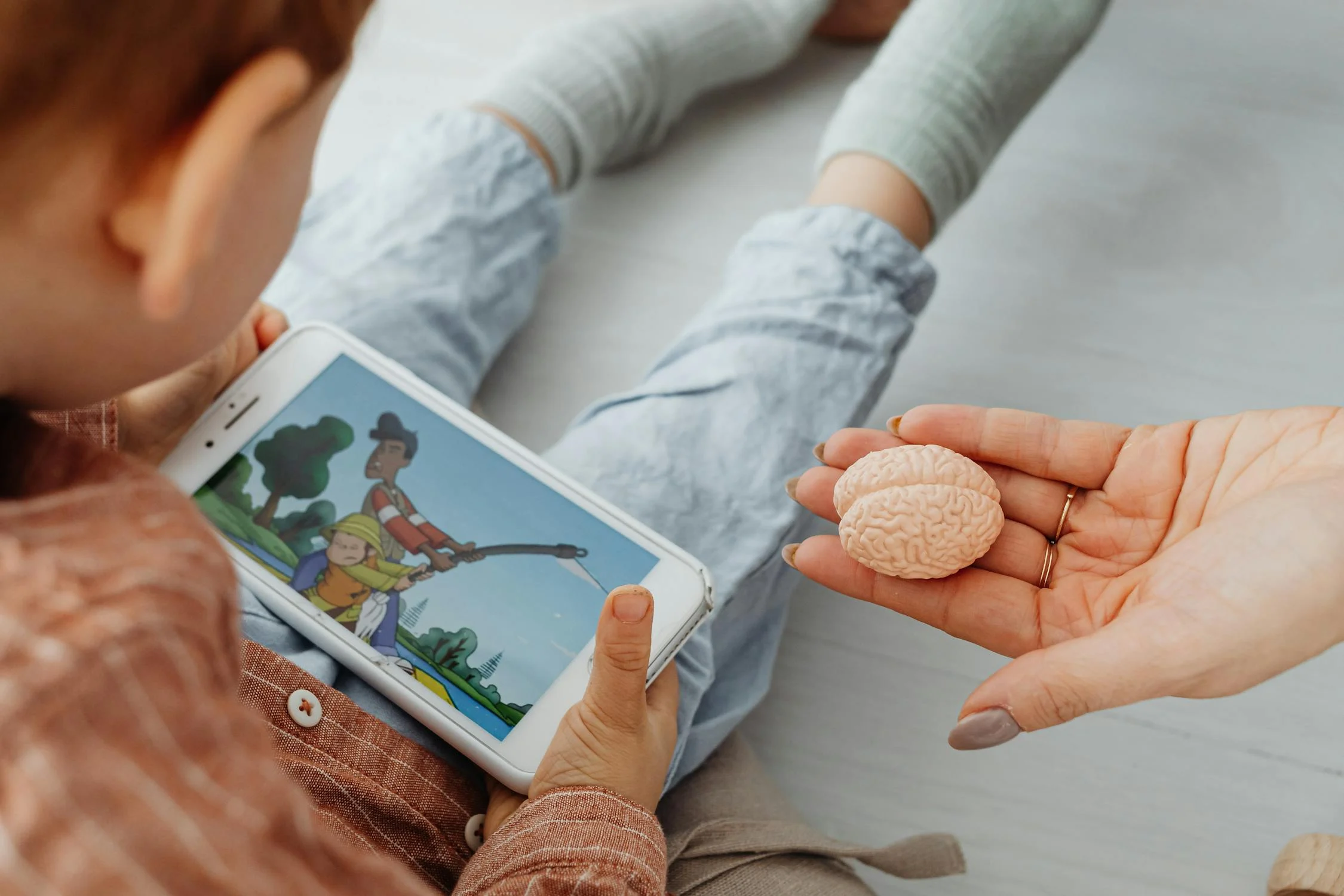
The Screen Generation: A Growing Concern
In today’s digital age, children are increasingly immersed in a world of screens. Nearly half of children under eight own a tablet, dedicating an average of two and a quarter hours daily to digital content. This pervasive screen time raises critical questions about its impact on young minds.
Screen Time and Brain Development
Recent research has unveiled a potential link between excessive screen time and developmental delays in young children. A study published in the Journal of the American Medical Association Pediatrics found that one-year-olds exposed to over four hours of daily screen time exhibited delays in communication and problem-solving skills by ages two and four. This aligns with previous research demonstrating a correlation between screen time and developmental delays, particularly in communication and critical thinking.
A major National Institutes of Health study revealed that children exceeding two hours of daily screen time scored lower on language and thinking tests. Moreover, those surpassing seven hours daily showed thinning of the brain’s cortex, the region vital for critical thinking and reasoning. These findings suggest a potential connection between excessive early childhood screen time and structural brain changes.
A World Beyond the Screen
A pediatrician specializing in developmental and behavioral pediatrics emphasizes the crucial role of real-world experiences in early brain development. Young children learn best by exploring their surroundings, observing adults, and imitating their actions. Excessive screen time can hinder these essential experiences, leading to a limited perspective detrimental to overall development.
Children learn through engaging with their environment using all their senses. Three-dimensional interactions offer significantly more information than the two-dimensional world presented on screens. Studies demonstrate that children under two learn less from videos compared to learning from a person directly. While captivated by screens, comprehension often develops after age two.
Language development thrives between one and a half and three years of age. Research indicates children learn best through interaction and engagement with adults. Excessive television viewing during early elementary school years can negatively impact reading skills and attention. Reciprocal dialogue, marked by facial expressions and reactions, is crucial for language development and social interaction, far surpassing the passive experience of screen consumption.
Setting Limits: A Parent’s Role
The American Academy of Pediatrics recommends avoiding screens for children under 18 to 24 months, except for video chatting. For preschoolers aged two to five, screen time should be limited to one hour daily of high-quality programming. When parental duties demand attention, educational shows like Sesame Street or Daniel Tiger’s Neighborhood offer better alternatives than tablets or phones. Ideally, parents should watch these programs with their children, fostering engagement and learning.
Screen time also impacts sleep patterns. The blue light emitted by screens disrupts melatonin production, leading to delayed sleep onset and increased brain activity. Studies have linked evening screen exposure to shorter sleep durations in infants. For older children, excessive late-night screen use can disrupt sleep, affecting behavior, cognitive performance, and learning. Moreover, a connection between excessive screen time, sleep deprivation, and obesity has been established, further impacting self-esteem and social interaction.
The addictive nature of digital devices poses a challenge. Young children, lacking an understanding of the drawbacks, can easily become engrossed in screens. Parents must be mindful of relying on screens as distractions rather than encouraging problem-solving and self-regulation.
While television’s impact is less pronounced compared to portable devices like tablets and smartphones, platforms like YouTube present unique challenges. The unregulated nature of YouTube exposes children to a vast array of content, often lacking educational value or even containing inappropriate material. Parental guidance is essential in selecting and monitoring content.
To mitigate the negative effects of screen time, parents can implement the following strategies:
Establish screen-free zones: Bedtime, mealtime, and family time should be screen-free.
Limit personal phone usage: Children model their parents’ behavior, so reducing parental screen time encourages similar habits in children.
Prioritize sleep, nutrition, and exercise: These factors are crucial for brain development and overall health. Excessive screen time can negatively impact all three.
By understanding the potential consequences of excessive screen time and implementing proactive measures, parents can empower their children to thrive in both the digital and physical worlds.

